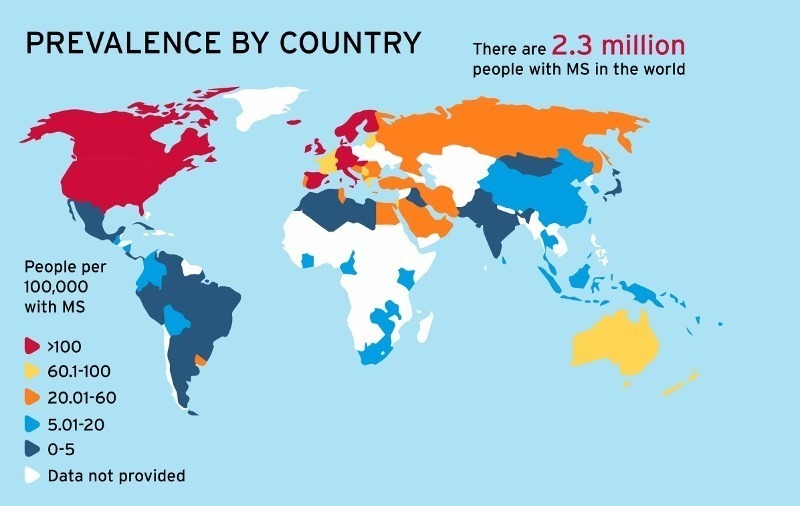Evidence review finds that computer-based cognitive training can significantly improve memory in patients with multiple sclerosis (MS)
 ___
___
Computer-Based Cognitive Training Improves Memory Domains in Multiple Sclerosis (Neurology Advisor):
“Computer-based cognitive training may assist in improving memory in patients with multiple sclerosis (MS), according to a systematic review published in Multiple Sclerosis and Related Disorders.
A total of 9 studies reporting the use of computer-based cognitive training in patients with MS were included in this systematic review. For inclusion, each study was required to have reported both pre- and post-cognitive training neuropsychological assessment scores. In addition, each study was required to include an intervention arm and a placebo or no-intervention arm…The investigators noted that the cognitive training effects may differ in the varying subtypes of MS, yet subtypes were not differentiated in the included studies. Also, studies included computer training programs that differed in type, course length, and total training duration.”
The Study
Efficacy of computer-based cognitive training in neuropsychological performance of patients with multiple sclerosis: A systematic review and meta-analysis (Multiple Sclerosis and Related Disorders). From the abstract:
- IMPORTANCE: Multiple sclerosis (MS) is a chronic inflammatory disease of the central nervous system characterized by relapses and a progressive course that may lead to accumulation of physical and cognitive disability. Cognitive training interventions seem to improve the cognitive performance of MS patients. The aim of the present meta-analysis is to quantitatively investigate the effect of computer-based cognitive rehabilitation on the neuropsychological performance of patients with MS.
- METHODS: We performed a systematic review of the PubMed database to identify available studies that performed computer-based cognitive training in MS patients. Studies should have reported pre- and post-cognitive training neuropsychological tests scores and included both intervention and placebo/no-intervention MS groups. We analyzed the effect of computer-based cognitive rehabilitation on individual neuropsychological tests, on specific functional domains, and on overall cognition performance. The effect-size of cognitive training pre- and post-treatment compared to placebo/ no-intervention was estimated using the standardized mean difference (SMD). The 95% confidence intervals (CI) were estimated using a Z test by comparing the final values. Baseline between-group differences in selected outcomes were estimated with ANOVA.
- RESULTS: In total, 9 studies fulfilled the criteria for inclusion and were inserted in the quantitative analysis. Computer-based cognitive training was found to improve the performance in the memory domain of MS patients compared to control interventions (SMD, 0.22; 95% CI 0.01–0.43; p = 0.04). Moreover, in the subgroup analysis, cognitive training demonstrated significant effects in Selective Reminding Test (SRT) delay memory (SMD, 0.58; 95% CI 0.29–0.87; p < 0.001).
- CONCLUSIONS: The present meta-analysis revealed a significant effect for computer-based cognitive training on the performance of the memory domain of patients with MS. This finding may have significant implications in the current treatment practice when cognitive decline is detected in MS patients.
The Study in Context
- Next: Brain scans to identify children at high risk of developing multiple sclerosis (MS) before symptoms appear
- Study: Transcranial Direct Current Stimulation (tDCS) can reduce fatigue in patients with Multiple Sclerosis (MS)
- Merck and HAPPYneuron partner to include cognitive remediation program in Multiple Sclerosis e‑Health Solution


